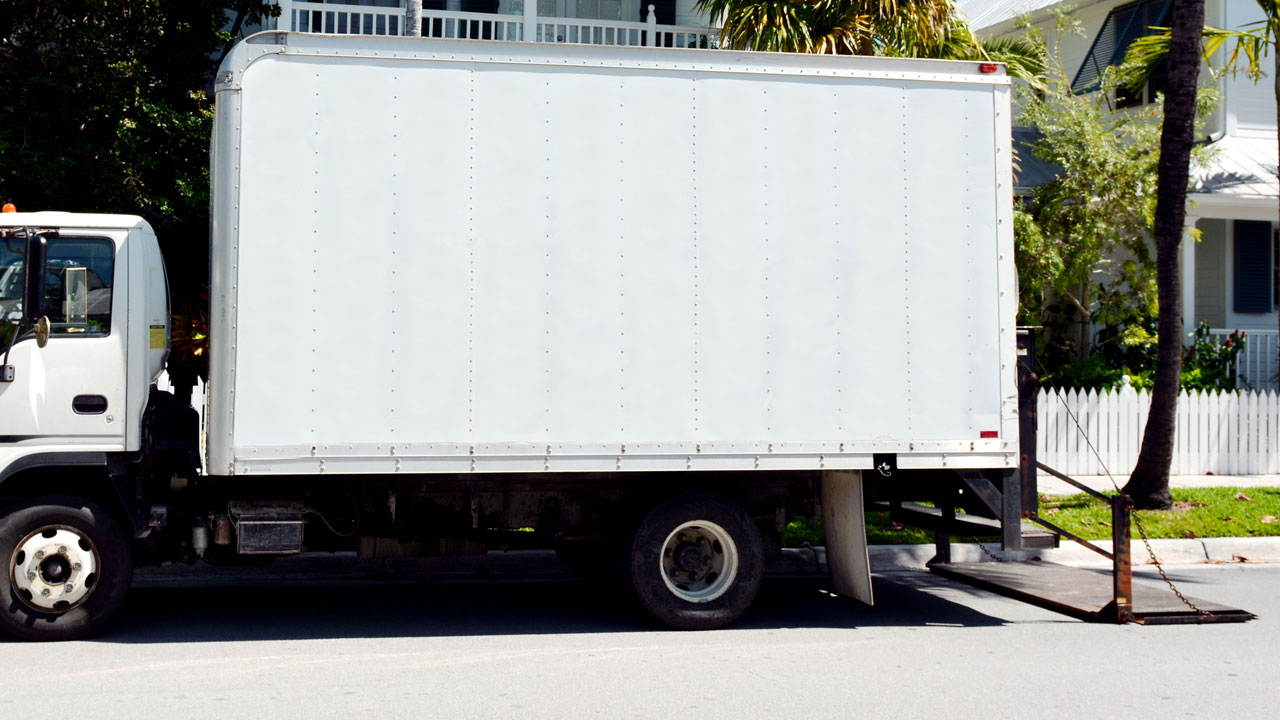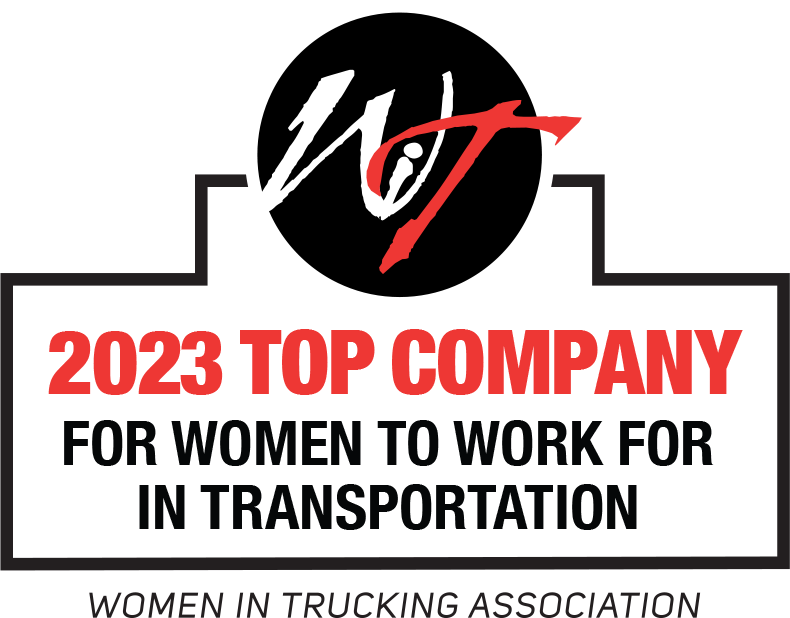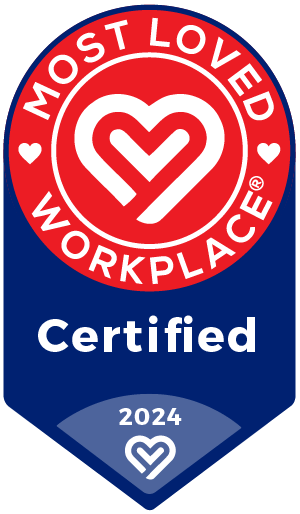We’re hearing more and more about less-than-truckload (LTL) freight being used for final-mile and eCommerce deliveries. Is it fact or fiction?
It’s a little bit of both.
Although the actual mode of LTL isn’t being used (it’s its own distinct service with its own separate purpose just like truckload, rail and final-mile are), some LTL carriers have started to use their equipment and widespread terminal networks to make final-mile deliveries.
And it’s not the stretch you might think.
When the correct LTL equipment, like straight trucks or pup trailers with lift gates, is positioned and the freight can be easily offloaded, then LTL providers can be quite proficient at handling final-mile deliveries of heavy or bulky goods. Plus class B drivers can be used to make these deliveries, and that reduces extensive licensing regulations.
Final deliveries allow for drivers to be home daily, providing potential gains in sourcing manpower where availability is hard to find.
The real question is how much additional business are most LTL carriers currently prepared to take on? Because with ground transportation demand already exceeding supply — and some traditional truckload business also beginning to funnel their way — most LTL networks aren’t exactly hurting for additional freight.
We’ve all heard the expression, “learn from experience.” In light of that, what are some of the big-picture lessons that industry professionals should be applying as they look ahead to a Post-COVID-19 supply chain?
It’s easy to visualize a return to normal as vaccinations continue at a steady pace, hospitalizations decrease and the death rate, thankfully, slows to a crawl. However, we’ll still be dealing with lingering economic symptoms for a long time to come — including the fact that the pandemic hasn’t had equal impacts on every kind of industry or business. For example:
- Some sectors flourished during the pandemic. Staying at home and staying occupied resulted in significant upticks for the retail/e-tail markets, contributing to a significant parcel volume increase over pre-COVID levels (UPS reported 23.8% parcel growth). Food and beverage purchases grew, along with our waistlines, while the tech sector stood its ground.
- Other sectors fell ill. Manufacturing, machinery, apparel and electronics all suffered. Macroeconomic impacts drove a significant downturn in these sectors, as the global pandemic impacted sales and production simultaneously. Also, no one needed to buy new clothes when “business casual” meant sweats and Zoom calls.
- Capacity remains scarce, particularly in truckload, and rates are climbing across all modes. Parcel did well during the past year, and LTL capacity is tight, which is driving rate changes.
- Impacts were not universal, except in one area. Small businesses were hurt in a big way across all sectors — even those sectors that grew during the pandemic. Smaller companies suffered significantly more than their larger peers, struggling with higher costs, lower sales, and difficulty competing for scarce resources.
We’ll talk about what this means for businesses and their supply chains in the next issue of our newsletter. Meanwhile, let’s all continue to remain vigilant until the crisis has truly passed.
Just as important, let’s be proactive about preparing our supply chains for the next disaster, because whether it’s another pandemic, a hurricane, superstorm or wildfire, “stuff” is definitely going to continue to happen — and if we’ve learned anything in the past year, it’s that it’s best to be prepared.










